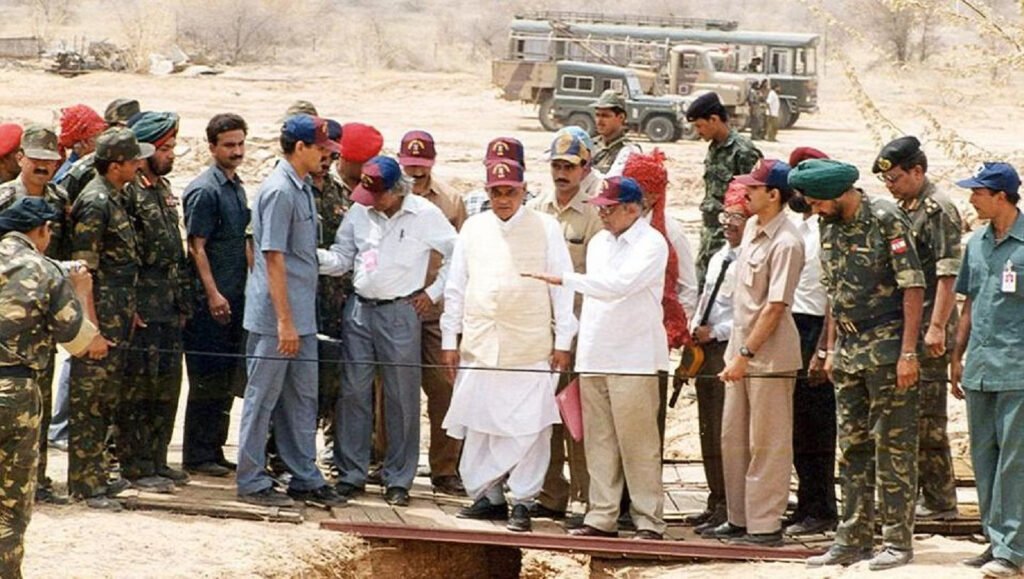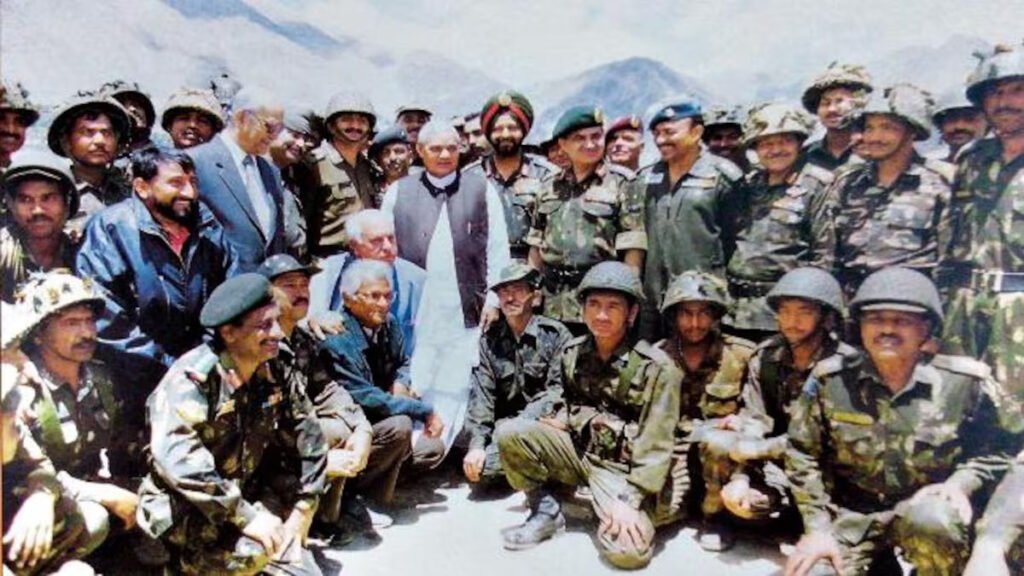On the death anniversary of Atal Bihari Vajpayee, India reflects on the remarkable legacy of a leader who left an indelible mark on the nation’s political and cultural landscape. Vajpayee, the 10th Prime Minister of India, is celebrated not only for his leadership but also for his exceptional ability to unify diverse ideologies while steadfastly upholding democratic principles. Consequently, his influence continues to resonate across the country, highlighting his profound impact on shaping India’s modern political identity.

A HUMBLE BEGINNING AND A STORIED JOURNEY
Born on December 25, 1924, in Gwalior, Vajpayee’s rise from a modest background to becoming one of India’s most respected leaders is a testament to his dedication and service. Throughout his journey, he demonstrated exceptional oratory skills and a strategic vision, which, allowed him to connect uniquely with people. Moreover, Vajpayee’s career, spanning several decades, was distinguished by his profound impact on India’s political and social fabric. Consequently, his contributions have left an enduring legacy that continues to influence the nation.
KEY INITIATIVES AND ACHIEVEMENTS: ATAL BIHARI VAJPAYEE
Vajpayee served three terms as Prime Minister, leading several landmark initiatives. Notably, he oversaw the successful Pokhran-II nuclear tests in 1998, which established India as a nuclear power. Additionally, his tenure featured the Golden Quadrilateral project, which significantly enhanced road infrastructure and spurred economic growth. Moreover, Vajpayee’s leadership led to substantial economic liberalization. Furthermore, he made notable efforts to improve diplomatic relations, including the historic Lahore Bus Yatra with Pakistan.

A LEGACY OF PEACE AND DIPLOMACY: ATAL BIHARI VAJPAYEE
Despite facing numerous challenges, including the Kargil War of 1999, Vajpayee’s commitment to peace and diplomacy remained unwavering. In addition, his efforts to foster better relations with neighboring countries and his emphasis on dialogue and cooperation were central to his legacy. Consequently, his poetic sensibility, combined with his political acumen, earned him admiration not only across party lines but also among the general public.
HEALTH CHALLENGES AND ENDURING INFLUENCE
In his later years, Vajpayee faced significant health challenges, including a stroke in 2009 that impaired his speech and led to his reliance on a wheelchair. Furthermore, he struggled with dementia and diabetes, which caused him to withdraw from public life and rarely leave home. Despite these difficulties, Vajpayee’s influence remained strong. He passed away on August 16, 2018, but his legacy reflects his unwavering commitment to democratic values and visionary leadership.

CONCLUSION
As we commemorate Atal Bihari Vajpayee’s death anniversary, his life, achievements, and enduring legacy serve as a guiding light for India’s future. Vajpayee’s contributions to the nation’s development and his role as a unifying figure in a diverse and dynamic country continue to inspire generations. Consequently, his impact remains a lasting source of inspiration and guidance for both current and future leaders.

